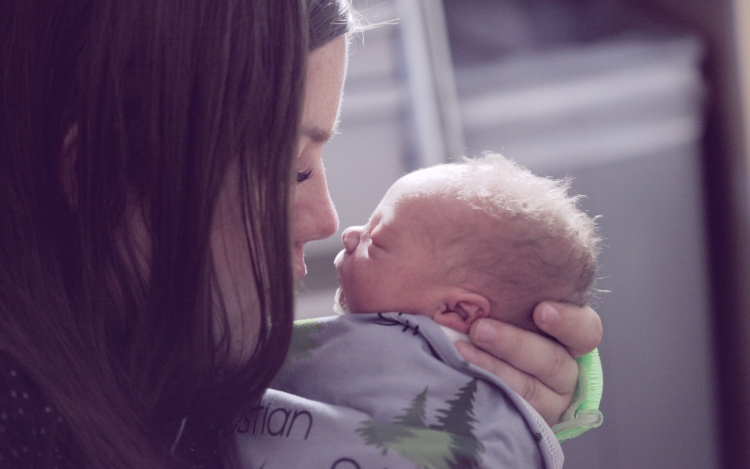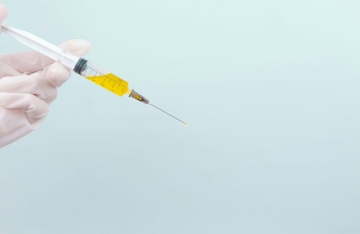Recognizing and diagnosing postpartum depression isn’t always clear-cut. Women, along with their partners or doctor may often question: are these signs of the baby blues or postpartum depression? Postpartum depression is widely understood as depression that mothers may develop in the immediate months following childbirth. Now, postpartum depression is being recognized as a maternal mental illness that can also occur during pregnancy and extend past one year postpartum as well. Therefore, we must address maternal depression at each individual stage and view postpartum care as an ongoing process to best prevent, detect, and treat it.
Prenatal Depression
Although the term ‘postpartum’ means after childbirth, up to 23 percent of women will struggle with some symptoms of depression during pregnancy. Unfortunately, depression during pregnancy is often misdiagnosed since many symptoms of depression are similar to complaints consistent with common pregnancy hormone imbalances.
For an accurate diagnosis, it’s important to recognize risk factors for depression early during pregnancy like personal or family history of depression, anxiety or negative feelings about the pregnancy (including an unplanned pregnancy), fertility issues or treatments, complications with a previous pregnancy or birth, and difficulties during the current pregnancy.
Additionally, government-appointed panels recommend depression screening through tools like the Edinburgh Postnatal Depression Scale for pregnant and postpartum women. A positive screening result can indicate women who may have postpartum depression or predict those who will likely develop postpartum depression. Recent evidence confirms that treatment for depression is often effective for people detected through screening. Treatment options for both pregnant and postpartum women may include cognitive behavioral therapy (counseling), antidepressant medication, or a combination of both.
Postpartum Depression (Immediately Following Childbirth)
Other guidelines for early identification and treatment of postpartum depression recommend screening women for the baby blues 10 to 14 days after delivery, which can also help women meet their breastfeeding goals. As a matter of fact, difficulty breastfeeding is a unique trigger of postpartum depression. Women with negative feelings about breastfeeding and negative experiences with breastfeeding, including difficulties latching or severe pain while nursing, are more likely to experience postpartum depression.
Breastfeeding has many health benefits and helps mom and baby to bond, so women who struggle with breastfeeding may feel its psychological effects, like feelings of guilt or inadequacy. Therefore, women should pay special attention to how breastfeeding affects them and know that there are plenty of support options available to them. Lactation Link, for instance, offers a variety of both online and in-person breastfeeding classes to help mothers during their journey.
Postpartum Depression (Past the Fourth Trimester)
The fourth trimester refers to the first three months following birth, which happens to be the time women most experience postpartum depression. However, 30 to 50 percent of mothers will continue to struggle with depression throughout the first year after birth. Hence why early identification of both symptoms and triggers, in addition to ongoing screening and treatment, are vital for preventing long term risk of depression.
When discussing risk factors and triggers, it’s worth noting that women with unintended pregnancies are four times more likely to suffer from postpartum depression at one year postpartum. Because of the lasting adverse effects of unplanned pregnancy on maternal mental health, discussions about future reproductive plans should be included in all well-woman visits, both during and following the pregnancy. For easy to access information and low-cost contraceptive options, women can also purchase birth control pills online after a virtual consultation with a physician – an ideal solution for mothers to take care of themselves while also busy caring for their newborns.
Postpartum depression looks different for everyone. The key to a healthy and happy pregnancy and transition to motherhood is early detection and implementation of support and resources. For immediate support, call the National Postpartum Depression Hotline at 1-800-PPD-MOMS.




